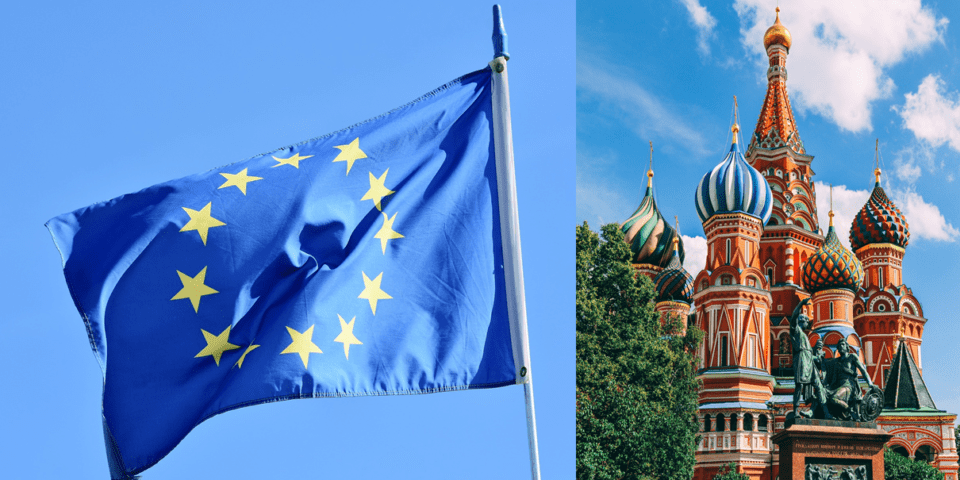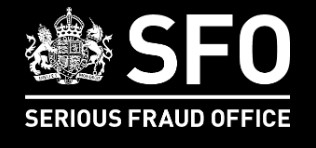By AML Intelligence Correspondent
A EUROPE-WIDE law introducing the criminal offence of sanction evasions has been agreed.
The law lays down that member states will need to define certain actions as criminal offences. These include:
- providing financial services or performing financial activities which are prohibited or restricted
- covering up the ownership of funds or economic resources by a person, entity or body which is sanctioned by the EU
- helping persons subject to EU restrictive measures to bypass a travel ban
- trading sanctioned goods and running transactions with states or entities which are hit by EU restrictive measure
Inciting, aiding and abetting these offences will also be punishable as a crime.
Trade with war material would constitute a criminal offence not only when committed intentionally but also if committed with serious negligence.
The new EU directive “ensures that those who violate or circumvent EU sanctions will be prosecuted,” the European Council said. “This gains particular importance in the context of the Russian war of aggresion against Ukraine,” the Council added.
Dissuasive penalties
Member states must ensure that violating EU sanctions is punishable by effective, proportionate and dissuasive criminal penalties.
When the violation of a restrictive measure happens intentionally the maximum penalty must provide for a prison sentence. Concretely, member states must ensure that the crimes defined under this directive are punishable by a maximum penalty of at least one year of imprisonment or at least five years of imprisonment, depending on the offence. Member states can decide to implement laws which foresee higher sentences.
In addition to imprisonment, those who have violated EU restrictive measures may be subject to fines.
Liability and sanctions for legal persons
The Council and the European Parliament negotiators have agreed that legal persons (e.g. companies) can also be held liable for the offences defined in this directive. This would be the case when such an offence has been committed – to their benefit – by a person with a leading position in the organisation.
Legal persons who violate restrictive measures would have to face sanctions which include the disqualification of business activities and the withdrawal of permits and authorisations to pursue their economic activities.
Stricter enforcement
Member states must also step up their efforts to make sure that EU sanctions are respected. To that end, they will be obliged to provide for a limitation period, i.e. the time frame within which legal action must be initiated, that allows for proper law enforcement. Member states also need to take measures to freeze and confiscate the proceeds resulting from the violation of sanctions.
Next steps
The provisional agreement will now be submitted to the member states’ representatives (Coreper) for endorsement. If approved, the text will then be formally adopted by both the Council and European Parliament.
Background
Restrictive measures are an important component of the EU’s foreign and security policy toolbox. They can consist of, for instance, asset freezes, travel bans and import/export restrictions.
The enforcement of EU sanctions is a member state responsibility. But the types and levels of penalties in member states can vary because – so far – national systems that deal with the violation of EU sanctions differ significantly. Currently, member states are not required to criminalise violations and may thus apply administrative sanctions instead.
In order to limit sanctions circumvention and tighten their enforcement, on 5 December 2022 the Commission proposed the present directive on the definition of criminal offences and penalties for the violation of Union restrictive measures.











